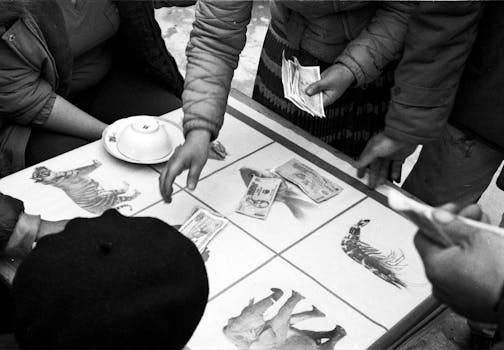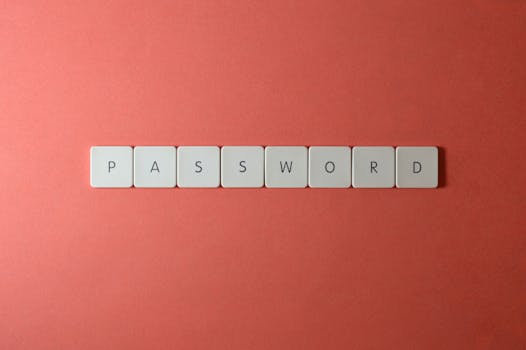How Online Betting Affects Mental Health
Online betting, a form of gambling that allows users to place bets on sports, casino games, and other events over the internet, has become increasingly popular worldwide. While it offers entertainment and the potential for financial gain, its impact on mental health is a growing concern. This article explores how online betting can affect mental well-being, outlines various approaches to manage its impact, and provides practical advice for individuals and healthcare providers.
Understanding the Impact of Online Betting on Mental Health
Online betting can lead to a range of mental health issues, including stress, anxiety, and depressive disorders. The immediate accessibility, potential for frequent use, and the excitement of gambling can increase the risk of developing problematic gambling behaviors, which are often linked with mental health disorders. According to the American Psychiatric Association, problem gambling is a mental health disorder that affects approximately 2-3% of all Americans.
Approaches to Managing the Impact of Online Betting
Cognitive Behavioral Therapy (CBT)
Advantages: Cognitive Behavioral Therapy (CBT) is a well-established approach in treating gambling addictions. CBT helps individuals identify and challenge unhealthy gambling thoughts and behaviors, develop personal coping strategies, and guide them in managing urges to gamble. Research shows that CBT can significantly reduce the symptoms of problem gambling.
Disadvantages: CBT requires commitment and active participation, which might be challenging for some individuals. Additionally, access to qualified therapists might be limited in certain areas, making it difficult for gamblers to receive timely help.
Self-Exclusion Programs
Advantages: Many online betting platforms offer self-exclusion programs, allowing gamblers to voluntarily ban themselves from gambling for a certain period. These programs are effective in helping reduce gambling opportunities, thus limiting the likelihood of lapses.
Disadvantages: However, the effectiveness of self-exclusion programs can be limited by the individual's ability to seek alternative gambling opportunities. Additionally, not all online platforms provide robust self-exclusion options, and the enforcement of these programs can vary.
Support Groups and Peer Support
Advantages: Support groups like Gamblers Anonymous provide a platform for sharing experiences and receiving peer support, which can be incredibly beneficial for those struggling with gambling addiction. These groups offer emotional support, coping strategies, and can help reduce the feeling of isolation often experienced by gamblers.
Disadvantages: Peer support groups are not always accessible in all areas and might not appeal to everyone, particularly those who prefer privacy in dealing with their gambling issues.
Practical Examples:
John, a regular online better, realized his betting was out of control when he started spending his rent money on gambling. He sought help through CBT and learned to manage his gambling impulses effectively. Similarly, Emily found that self-excluding from online betting sites was a helpful step in her recovery journey, while Mark benefited greatly from the support and understanding he received in Gamblers Anonymous meetings.
Conclusion: Understanding and Mitigating the Risks
The impact of online betting on mental health is significant and multifaceted, with potential risks including stress, anxiety, and more severe mental health disorders. Cognitive Behavioral Therapy, self-exclusion programs, and support groups are effective in managing these impacts, but they also have their limitations. It is crucial for individuals to be aware of the potential mental health risks associated with online betting and to seek appropriate help if they start to experience negative effects.
If you or someone you know is struggling with gambling addiction, it is important to seek professional help and consider using multiple approaches for the best outcome. Remember, it's okay to ask for help, and taking steps to manage your gambling habits is a sign of strength, not weakness.
For more information on managing gambling issues, visit websites like the National Council on Problem Gambling at www.ncpgambling.org.

.png)





